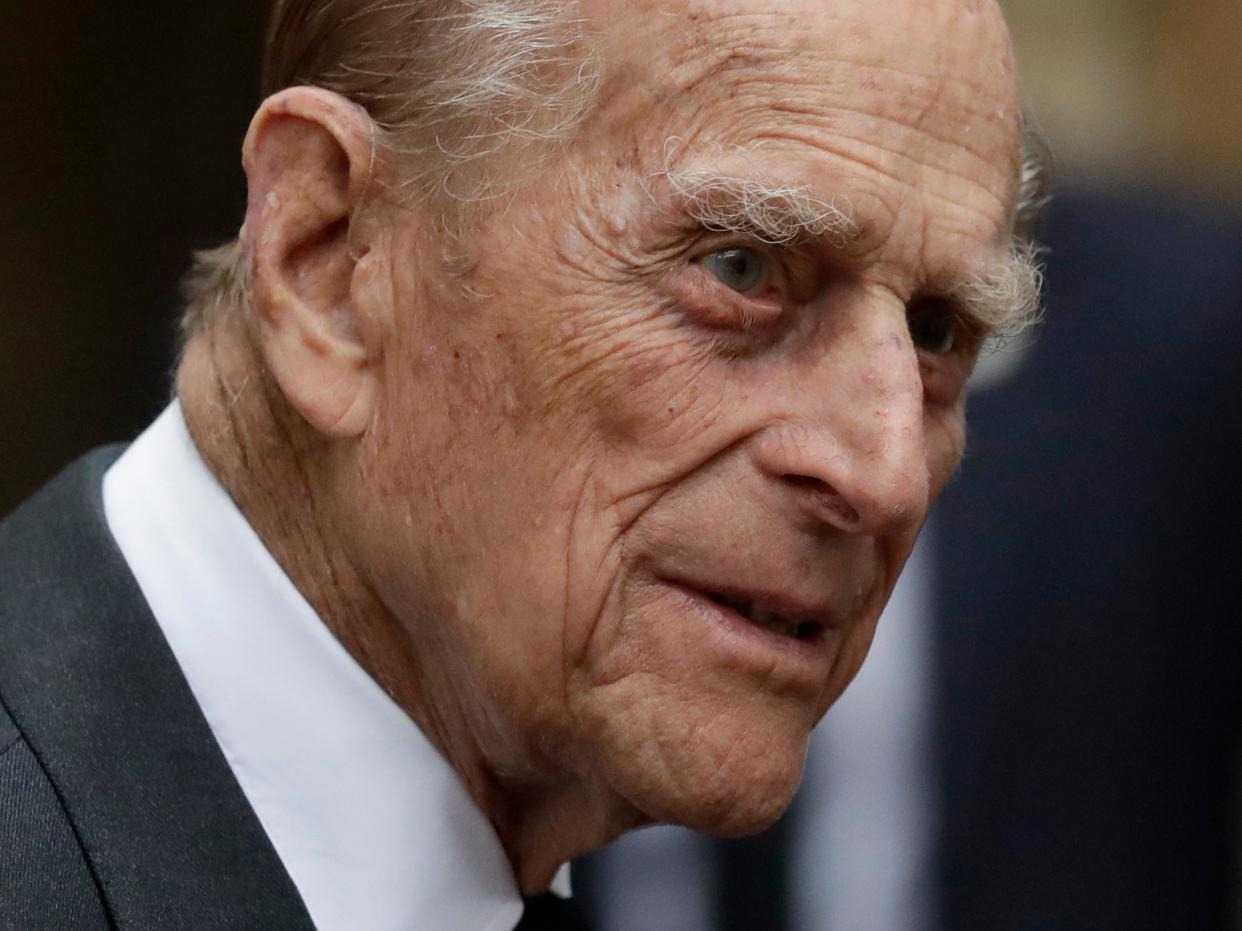Prince Philip: How Covid could affect royal funeral

Coronavirus will have a major impact on Prince Philip’s funeral, as the military processions and tradition of lying in state are abandoned due to lockdown restrictions.
Arrangements for the Duke of Edinburgh’s service have been in place for years, and were updated regularly by Buckingham Palace staff, in consultation with Prince Philip and the Queen.
However, due to the pandemic, the public ceremonies will not be able to take place in their original form.
A royal commentator said earlier that the entire farewell would be “pared back” and largely kept behind the walls of Windsor Castle.
The duke would likely have approved of these new arrangements, the expert said, because he disliked fuss and was not one for “pomp and pageantry”.
“Clearly, [Buckingham Palace] have planned for a Covid funeral, and I knew that Philip’s would be a pretty understated royal funeral compared to that which would be held for his wife,” Joe Little, managing editor of Majesty magazine, told the PA news agency.
“It will be behind castle walls at Windsor and we won’t get to see much of it at all.”
He added: “It will be a great shame that he has to have such a quiet send off. But, in saying that, he didn’t want all the pomp and pageantry anyway, so I suppose in a way it would suit his purpose.”
Under earlier arrangements for after the duke’s death, which was given the codename Operation Forth Bridge, thousands of people were expected to flock to London and Windsor to show their support for the Queen – with some due to camp out on the street to get the best view of Philip’s coffin in a military procession on the day of his funeral.
Equally, hundreds of soldiers would have been called upon to line the streets in honour of the duke, along with thousands of police officers to keep control of crowds and protect the members of the royal family taking part.
However, because preparations are now thought to focus solely on Windsor Castle – with no military processions planned in either London or Windsor – such a heavy armed forces presence will no longer be necessary.
The service is still expected to be televised and held at St George’s Chapel, Windsor Castle.
England is currently in its third national lockdown and, according to current restrictions, it is legal for no more than 30 people to gather for a funeral. Government guidelines also encourage attendees to socially distance from one another if they are not from the same household.
It is therefore possible that the Queen, who received her second vaccine last month, her children and other relatives present will have to wear face masks to minimise any risk of spreading the virus.
World leaders and Commonwealth representatives, as well as foreign royals, former and current politicians and military chiefs, who would have originally been on the guest list, will no longer attend.
There will also be no lying in state for the duke, which involves thousands of members of the public queuing to view the coffin, and was last put into place for the death of the Queen Mother in 2002.
In charge of Philip’s funeral arrangements is the Lord Chamberlain Baron Parker of Minsmere, who oversees arrangements following a royal death and ensures everything is kept to a strict timetable and all goes to plan.
Baron Parker formerly headed up MI5 and took over his new role at the start of April.
Forth Bridge will be set in motion once it has been approved by the Queen, who, along with her children and grandchildren, will now enter a period of mourning for their patriarch, which could last up to several weeks.
Official engagements, most of which are presently online, can continue during this time, although most are postponed or cancelled, but it depends on the monarch’s wishes.
In non-pandemic times, social engagements would usually be cancelled, except those for charitable causes.
There are various types of mourning, but Royal – also known as Court – Mourning includes the royal family, royal households and the Queen's representatives in the UK and abroad wearing black and also using black-edged writing paper.
The monarch may instead opt for Family Mourning, which was observed after the Queen Mother’s death and is undertaken by the royal family and their households when they are in personal attendance.
Black-edged writing paper is not used in this instance, and Family Mourning is often shorter than Court Mourning.
Additional reporting by PA
Read More
Prince Philip dead - latest tributes as Queen to enter eight days of mourning
Prince Philip death: What is the protocol if a senior member of the royal family dies?
Prince Philip death: Duke of Edinburgh dies aged 99
Prince Philip death: A timeline of his life from 1921 to 2021
How Prince Philip and the Queen met: The story of a royal relationship

 Yahoo News
Yahoo News 
